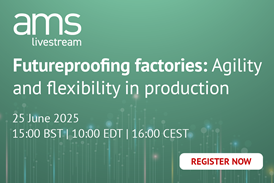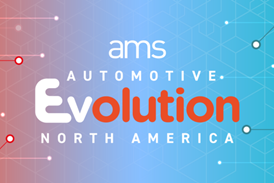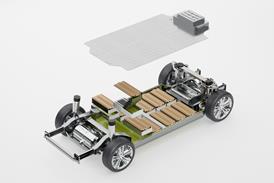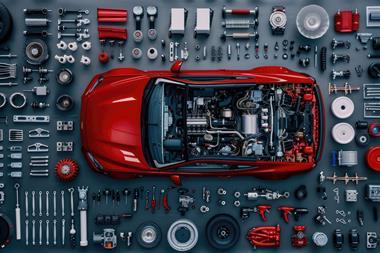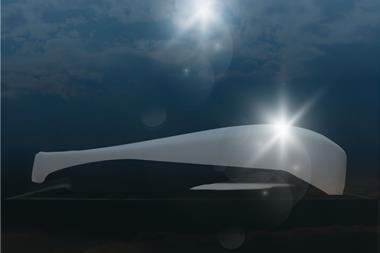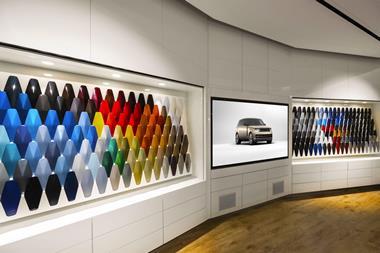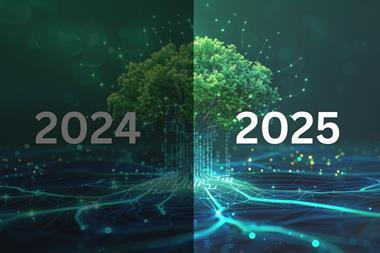 We live in anxious times, if the headlines are to be believed. In the UK, Brexit has seemed to be less of a concern to the consuming public than it does to a nervous business community. But worries regarding what the future holds for the millions of diesel and petrol vehicles on the roads are now beginning to trouble their once-proud owners. The potential impact that the proposed ban on the sale of these vehicles might have on resale values, taxation and so on is now starting to weigh on the minds of motorists and potential new-car buyers, and certainly won’t help the recent slide in sales.
We live in anxious times, if the headlines are to be believed. In the UK, Brexit has seemed to be less of a concern to the consuming public than it does to a nervous business community. But worries regarding what the future holds for the millions of diesel and petrol vehicles on the roads are now beginning to trouble their once-proud owners. The potential impact that the proposed ban on the sale of these vehicles might have on resale values, taxation and so on is now starting to weigh on the minds of motorists and potential new-car buyers, and certainly won’t help the recent slide in sales.
The automotive industry is also following the renegotiation of NAFTA with some trepidation, given the robust position adopted by the US. Whatever you might think about President Trump, on this topic he’s sticking to his promise to shake up the long-standing trade agreement to the greater benefit of the US economy. Beyond this, he’s been forthright in pushing his ‘build in America’ message down the throats of foreign carmakers. Nonetheless, the stock market seems unruffled and American drivers are fuelling high demand for those homegrown favourites: pickup trucks and SUVs.
Far less anxious about the future is JLR, as the British carmaker’s fortunes continue to rise. As our report highlights, the Evoque was certainly the right model produced at the right time and the OEM is now rapidly expanding its global production network and model range. Another success story in our November-December issue is the growth of the South African automotive industry to become an important global production hub. Government initiatives and major investments from OEMs have transformed the production footprint in the region, and with new plants being planned, the future for the industry in this region looks positive.
Continuing the theme of growth, although November marks the 40th anniversary of the original patent for press-hardened steel, this technology still has lots of development potential. Recent years have seen the dominance of steel as the automotive material of choice challenged as the lightweight trend has gathered momentum, but steel-makers continue to innovate and remain competitive. My recent visit to a US steel mill revealed how ArcelorMittal, for one, is investing in new technologies to improve flexibility and meet the demand for more advanced steel.
Looking at the US steel industry brings me back to my earlier comment regarding rising anxiety. Much like their automotive counterparts, steel-makers have faced challenging times and undergone painful restructuring of operations, and for those in the steel industry there is still an underlying concern about the continuing impact of globalisation on production operations. However, the advent of a new generation of electric vehicles has been greeted with some optimism that the experience and expertise in the US steel mills will prove to be a competitive advantage.








